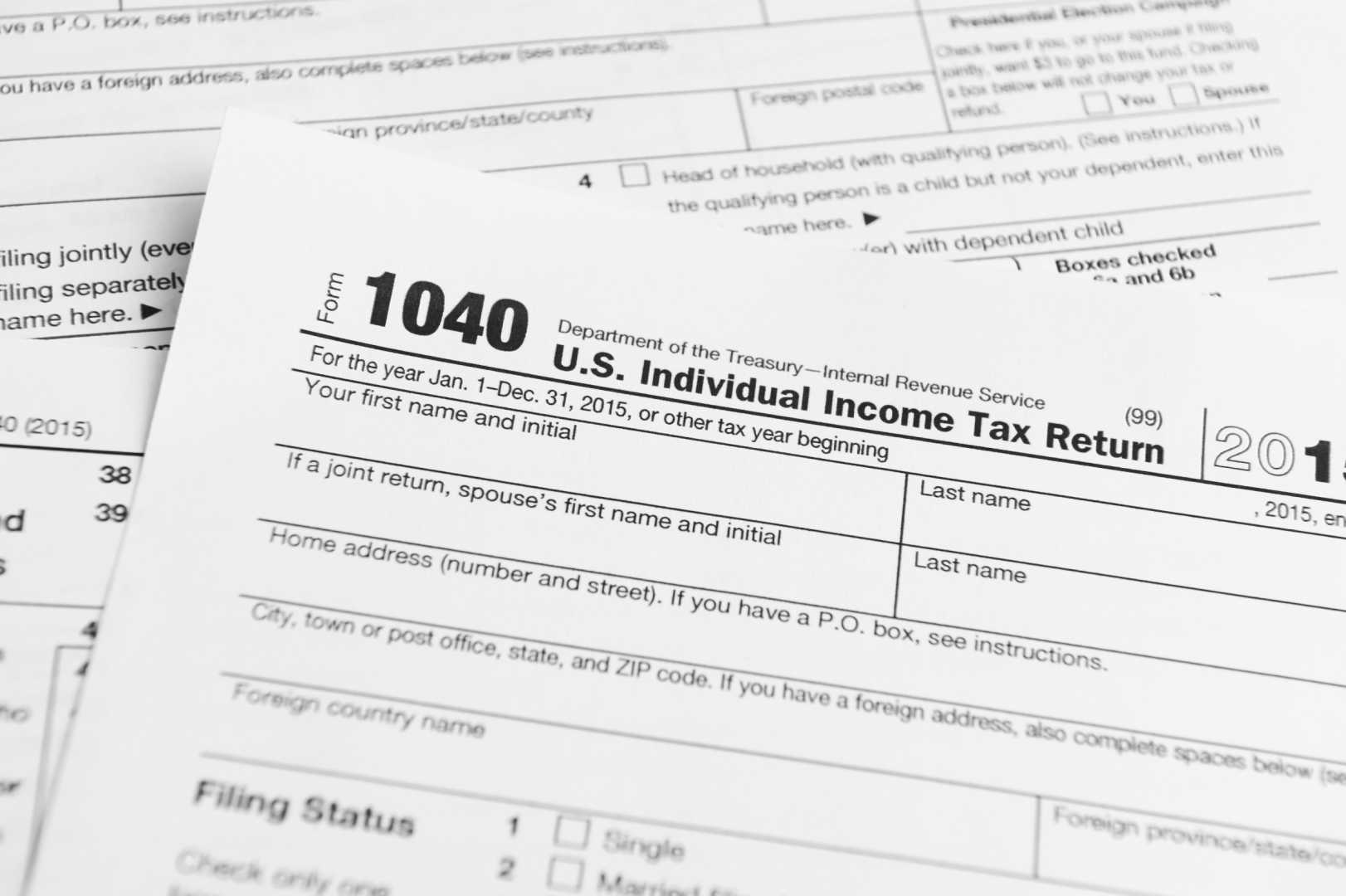Business
IRS Announces 2025 Tax Filing Season Start Date and New Free File Options

The 2025 tax filing season will officially begin on January 27, the Internal Revenue Service (IRS) announced on Friday. This marks the first day the agency will accept and process individual tax returns for the 2024 tax year. Most taxpayers must file their federal returns and pay any taxes owed by April 15 to avoid penalties and interest, though some may qualify for extensions.
IRS Commissioner Danny Werfel highlighted significant improvements to the agency’s services, stating, “This has been a historic period of improvement for the IRS, and people will see additional tools and features to help them with filing their taxes this tax season.” Among the enhancements are expanded use of chatbots and voicebots to assist filers with questions.
For the 2025 season, the IRS’ Direct File program, which allows eligible taxpayers to file their returns directly with the IRS for free, will be available in 25 states, up from 12 in 2024. Participating states include Alaska, Arizona, California, Connecticut, Florida, Idaho, Illinois, Kansas, Maine, Maryland, Massachusetts, Nevada, New Hampshire, New Jersey, New Mexico, New York, North Carolina, Oregon, Pennsylvania, South Dakota, Tennessee, Texas, Washington state, Wisconsin, and Wyoming.
Additionally, the IRS Free File program, which offers free guided tax preparation through private-sector partners, will be available starting January 10. Eight private-sector partners will provide online tax software for taxpayers with an adjusted gross income (AGI) of $84,000 or less in 2024. One partner will also offer a product in Spanish.
Taxpayers in federally declared disaster areas, such as those affected by recent storms in Southern California or hurricanes in the Southeast, may qualify for automatic extensions. For example, residents of Los Angeles County have until October 15 to file and pay their 2024 taxes, while those in Alabama, Florida, Georgia, North Carolina, South Carolina, Tennessee, and Virginia have until May 1.
Last year, the IRS issued over 103 million refunds out of nearly 161.5 million returns filed, with an average refund of more than $3,100. Taxpayers expecting refunds are encouraged to file electronically and opt for direct deposit to receive their refunds faster. The IRS also plans to issue checks to eligible taxpayers who did not claim the 2021 recovery rebate credit.












